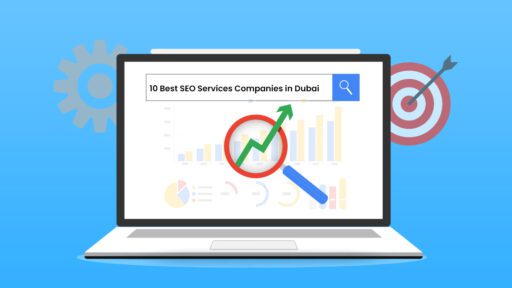You’ve likely heard that using semantically related keywords can give your SEO a significant advantage. However, with so much conflicting advice, it can be tricky to figure out exactly how to get started.
In this article, we’ll break down what they are, why they matter for your website’s SEO, and how to find them in a way that’s easy to understand.
Understanding Semantically Related Keywords
Think of them as the supporting cast for your main keyword. They’re the words and phrases that naturally connect to your main topic, adding depth and context.
For example, if “pizza” is your star keyword, terms like “dough” and “Italian food” help complete the picture. While your target keyword might be something specific like “pizza dough recipe,” using related keywords like “how to make Italian pizza dough” makes your content more relevant and engaging for both search engines and readers.
The Importance of Search Intent
Search engines aren’t just looking at the words you use—they’re trying to figure out why users are searching for them. This is known as search intent, which is the reason behind a search query. There are three main types:
- Informational: People are looking for facts or answers.
- Navigational: They’re searching for a specific website.
- Transactional: They want to buy something or complete an action.
When you use semantically related keywords, you align your content with these search intents. It makes your content more relevant to what users are searching for, increasing your chances of ranking higher on search engines like Google.
Why Use Semantically Related Keywords?
You might be thinking, “I’ve already done keyword research—do I really need to focus on semantic keywords too?” The answer is yes! Search engines have evolved, and the old method of stuffing target keywords into your content no longer works. Here’s why using semantic keywords is essential:
1. Improved Search Relevance
When you group semantically related keywords, you make your content more relevant to both users and search engines. It shows that your content isn’t just focused on a single keyword but offers a comprehensive view of the topic, which improves your chances of ranking higher.
2. Latent Semantic Indexing (LSI)
Although LSI is an older concept, it clears the way for how search engines understand the relationships between words and concepts. Modern search engines don’t technically use LSI anymore but rely on advanced methods like Natural Language Processing (NLP) to understand context.
Semantically related keywords play a key role in helping search engines get the full picture of your content, making it more likely to be displayed to the right audience.
3. Reduced Keyword Stuffing
In the past, keyword stuffing was a common practice for ranking higher in search results.
Now, this strategy not only fails but can also lead to penalties from search engines. Using semantic keywords allows you to avoid overusing one keyword while still keeping your content relevant, readable, and less repetitive.
How to Find Semantically Related Keywords?
Now that we’ve covered why they’re important, let’s talk about how to actually find these keywords.
1. Keyword Research Tools
The easiest way to find related keywords is through keyword research tools like Semrush. These tools help you uncover frequently searched terms that are linked to your main keyword. They often provide lists of suggested keywords that fit naturally with the ones you’re targeting.
2. Google Search Suggestions
Another simple way to discover related keywords is to perform a Google search for your main keyword. At the bottom of the search results page, you’ll find “related searches,” and within the snippets, you may notice bolded words that can be useful as semantically related keywords.
3. People Also Ask (PAA)
Google also offers a feature called the “People Also Ask” box. This shows common questions users search for around your keyword. These can be a great source of ideas for both content and related keywords.
4. User Intent Analysis
To dig deeper, try analyzing the top-ranking pages for your keyword. For example, if you search for “chocolate chip cookies” and most of the results are recipes, it’s clear that people are looking for cookie recipes when they search that term. You can use this insight to include related keywords that match what users are really after.
Conclusion
To stay competitive in SEO, you need to go beyond simple keyword matching. Semantically related keywords can make your content richer and more relevant to what users are searching for. Search engines now focus more on user intent and context. By using these keywords, you’re helping search engines better understand your content, which increases your chances of ranking higher.
FAQs
1. Do semantically related keywords replace target keywords?
No, semantically related keywords don’t replace target keywords but complement them. Target keywords are the primary terms you want to rank for, while semantically related keywords help provide context and depth to your content, making it more comprehensive and relevant to search engines.
2. How do semantically related keywords impact user experience?
Semantically related keywords improve user experience by making content more informative and well-rounded. They help address different aspects of a topic, so readers can find more valuable information within your content, reducing the need for them to search elsewhere.
3. Is it possible to find semantically related keywords without tools?
Yes, you can find semantically related keywords without using advanced tools. Google’s search suggestions, the “People also ask” section, and browsing top-ranking content for your main keyword can all help you discover related terms and phrases.
4. How often should I update semantically related keywords in my content?
It’s a good idea to revisit and update your keywords periodically, especially if search trends or your audience’s interests change. Keeping your content fresh with relevant keywords helps maintain its search engine visibility.







